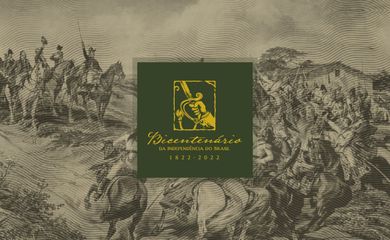Festival celebrates reopening of São Paulo’s Museu do Ipiranga

Closed since 2013 for restoration, the Museu Paulista—better known as Museu do Ipiranga—is scheduled to reopen its doors to the public on September 8 as part of the festivities for the 200th anniversary of the Independence of Brazil.

To celebrate the reopening, São Paulo’s Culture and Creative Economy Secretariat and the city hall are unveiling a special cultural program from September 7 to 11. Attractions will include music, dance, theater, and circus activities, to be broadcast by streaming and video-on-demand platform #CulturaEmCasa.
Among the highlights are performances by singers Almir Sater and his son Gabriel Sater, who recently featured in the soap opera Pantanal.
The museum
Showcasing 11 new exhibitions, the Museu do Ipiranga will reopen to authorities on September 6, between 6:30 pm and 9:30 pm. On the following day, the September 7 holiday, the museum will be open to schools and to the workers who helped in the restoration work and their families. The public at large may visit the museum as of September 8.
September 7
For Independence Day, a special program has been put together, starting with the traditional September 7 parade, this year on D. Pedro I avenue. The ceremony is slated to start at 8:45 am and should include an aerial parade.
The Independence Park reopens to the public at noon.
At 6 pm in the evening, a drone show is scheduled to take place, along with a video mapping protection on the façade of the new Museu do Ipiranga. Starting at 7 pm, a series of shows should celebrate the bicentennial of the independence, with performances by João Carlos Martins, Juliette, Vanessa da Mata, Fafá de Belém, and Criolo, among others.
Musical line-up
From September 8 to 11, the festival is also promoting concerts, in partnership with São Paulo city. Among the names to be featured are Gabriel Sater, Geraldo Azevedo, and Melim.
The full program can be found on Agenda Bonifácio, an online platform dedicated to the bicentennial of the country’s independence, created by the São Paulo state government.





